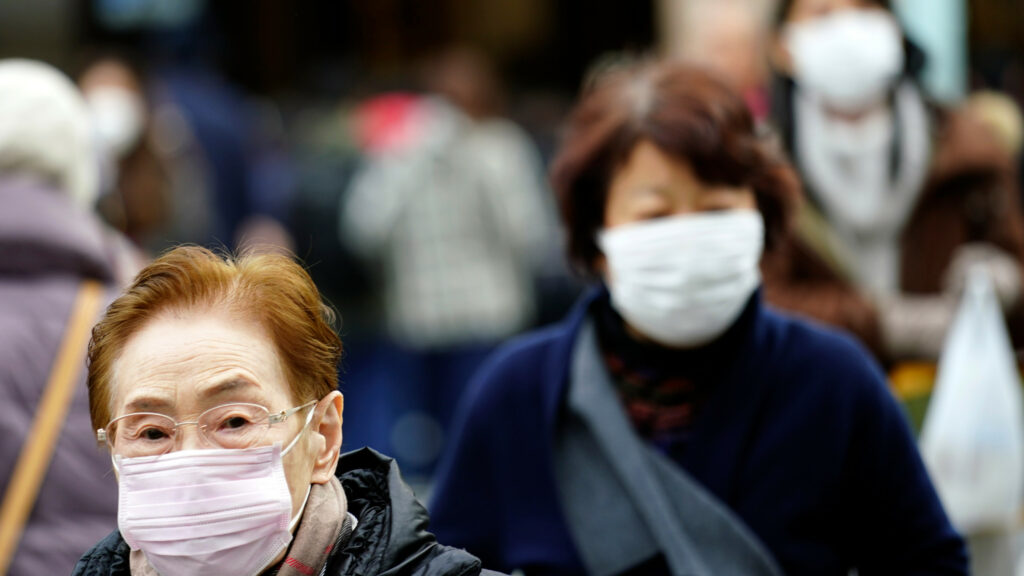
First Case of Coronavirus confirmed in Chicago: CDC

CHICAGO – A Chicago woman who recently returned from China has been diagnosed with the first reported case of the coronavirus in the Chicago area, according to the Chicago Department of Public Health.
Health officials said the 60-year-old woman came through O’Hare International Airport on Jan. 13 without showing any signs of illness. But a few days later she called her doctor to report she was feeling sick. The woman has been hospitalized to prevent the spread of the virus and is in stable condition, CDC officials said. People she had close contact with are being monitored, according to the CDC.

Initial symptoms of the novel coronavirus include fever, cough, tightness of the chest and shortness of breath, and that seriously ill-developed pneumonia. There are currently no vaccines to protect humans against a coronavirus infection, according to the Illinois Department of Public Health.
CDC’s Dr. Nancy Messonier said the risk to the public remains low but that it’s likely more cases will be diagnosed in the coming days, as the virus appears to have a two-week incubation period. City and state officials are holding a news conference at 10:30 a.m. regarding the first case.
O’Hare International Airport began screening for symptoms of the respiratory coronavirus Wednesday. One veteran of the SARS outbreak said that while there are some similarities in the new virus — namely its origins in China and the link to animals — the current outbreak appears much milder.

Dr. David Heymann, who headed WHO’s a global response to SARS in 2003, said the new virus appears dangerous for older people with other health conditions but doesn’t seem nearly as infectious as SARS.
“It looks like it doesn’t transmit through the air very easily and probably transmits through close contact,” he said. “That was not the case with SARS.”
Health officials confirmed earlier this week that the disease can be spread between humans after finding two infected people in Guangdong province in southern China who had not been to Wuhan.
This story is developing.
The Sun-Times Media Wire and The Associated Press contributed to this report.











